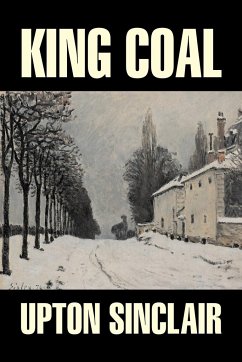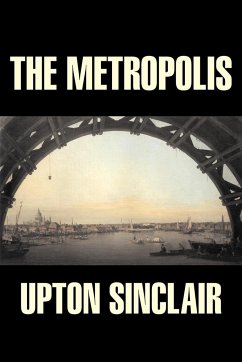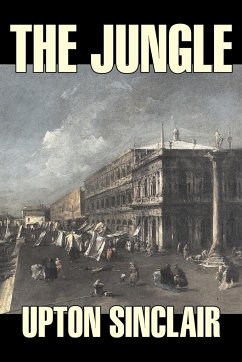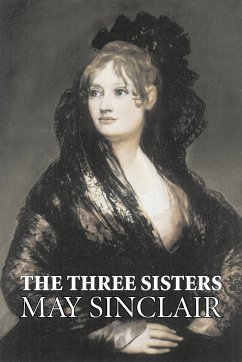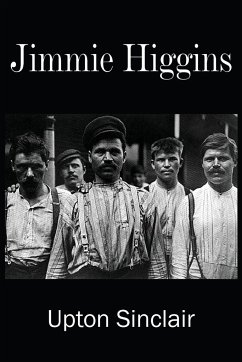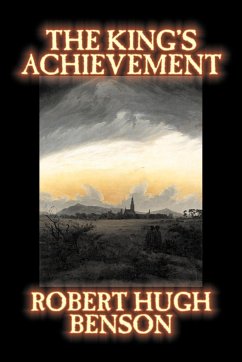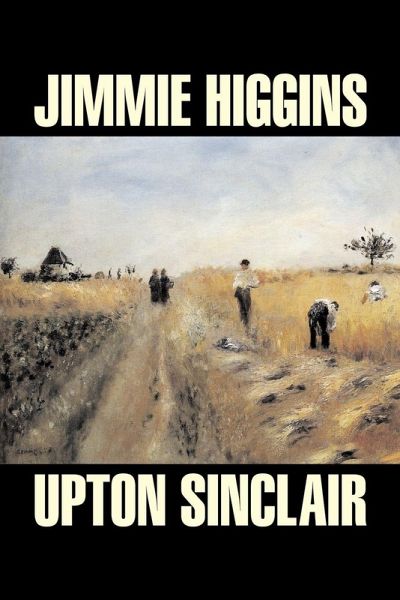
Jimmie Higgins by Upton Sinclair, Science Fiction, Literary, Classics
Versandkostenfrei!
Versandfertig in 1-2 Wochen
17,99 €
inkl. MwSt.

PAYBACK Punkte
9 °P sammeln!
While most people credit The Jungle for exposing the horrible, unsanitary practices of America's meat-packing industry at the turn of the 19th century, the story spends far more time on the slum conditions and employer abuses heaped upon the immigrants who worked in the slaughterhouses and packing houses at that time. Sinclair wrote Jimmie Higgins in response to the First World War. He broke with the main body of the American Socialist Party at that time, favoring U.S. involvement in WWI, because of the threat of German militarism. After the war, however, he opposed any interference to the dev...
While most people credit The Jungle for exposing the horrible, unsanitary practices of America's meat-packing industry at the turn of the 19th century, the story spends far more time on the slum conditions and employer abuses heaped upon the immigrants who worked in the slaughterhouses and packing houses at that time. Sinclair wrote Jimmie Higgins in response to the First World War. He broke with the main body of the American Socialist Party at that time, favoring U.S. involvement in WWI, because of the threat of German militarism. After the war, however, he opposed any interference to the developing Bolshevik regime in Moscow. Upton Sinclair was one of America's most prolific writers -- by the time of his death in 1968, he had written and published millions of words and dozens of books. Although some readers feel that the character of Jimmie Higgins is not one of Sinclair's more convincing portrayals, the story of a war protestor and hero remains relevant today.



